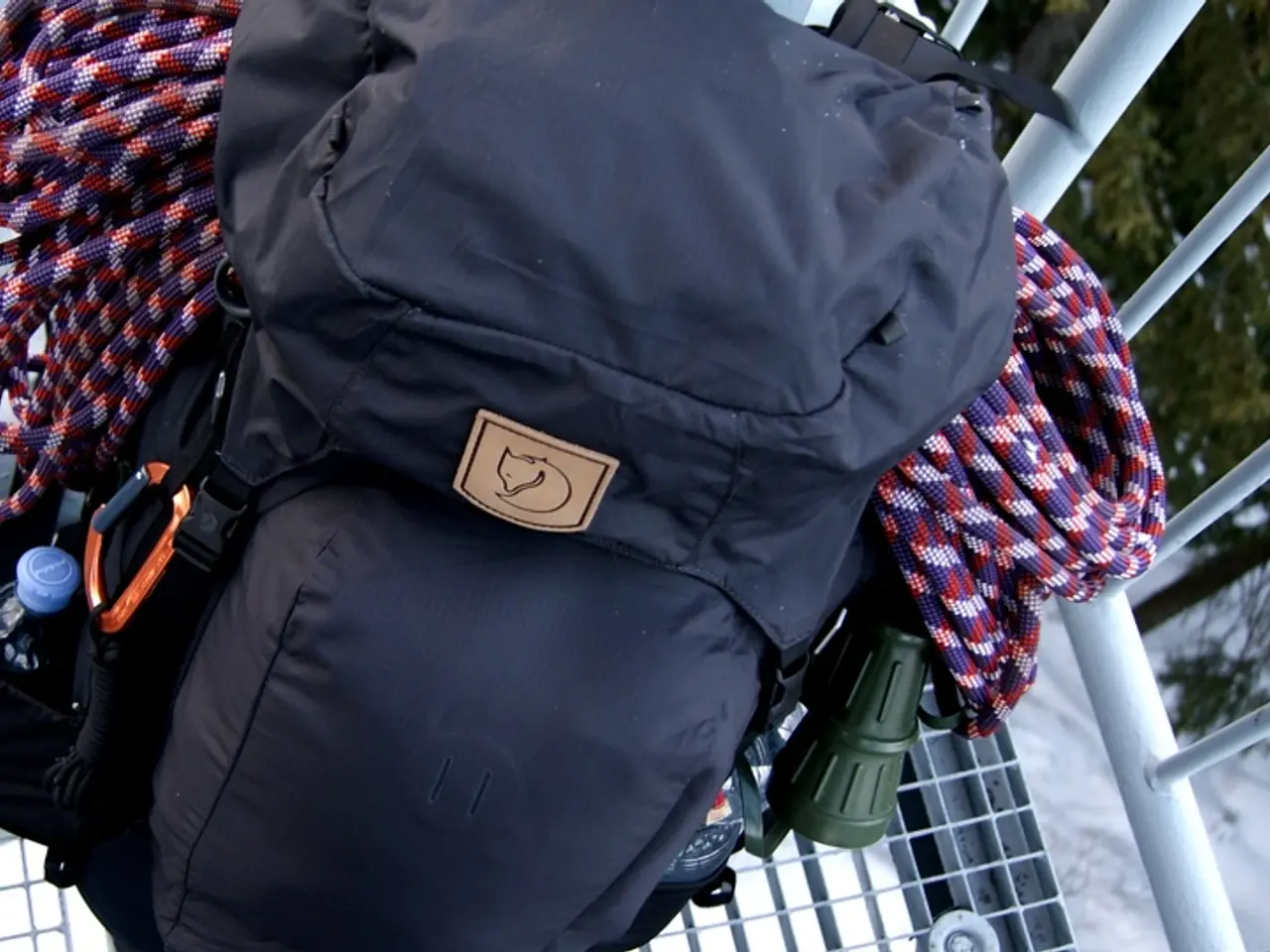Shifting Tides: The Surge in Russian Server Demand
Every foreign server sold equates to approximately thrice as many Russian servers being purchased.
According to electronics manufacturer Fplus, by 2024, for every foreign server sold, three Russian ones were sold. This remarkable shift in the market is projected to continue, with a gradual increase in the share of Russian equipment. By 2024, approximately 75% of the total server market was valued at around 151 billion rubles, with the Russian server market alone estimated to be 100-110 billion rubles.
Key vendors in the market include Yadro, "Aquarius", Depo Computers, Kraftway, and Fplus. However, Fplus declined to disclose the market shares of the producers.
The majority of server requests are for general-purpose servers, with demand for architectures and processors other than x86 being negligible, as confirmed by an IT holding representative. The primary customers for servers are companies with large critical infrastructure, such as state-owned corporations, financial sector, transport, oil and gas sector, and the public sector. Traditional markets remain important as well, including service providers, telecom operators, and data center operators.
Domestic Dominance: Mass Servers
The domestic market has shown a preference for import substitution, as reported by "Marvel-Distribution". The competitive struggle among local producers has led them to lower prices, making domestic solutions more appealing to the mass market. However, about 25% of the market remains loyal to Western brands, mainly commercial companies with established IT infrastructure based on the solutions of specific producers.
Persistent Reliance: Past and Present
Many commercial organizations continue to use existing IT infrastructure built on foreign equipment. However, when it comes to purchasing new servers, they prefer Russian producers due to a certain conservatism in the market. Companies often need to create specific infrastructure tailored to domestic solutions, a concept discussed earlier by The12 Capital's founder, Dmitry Kozlov.
AI and GPU Dominance: A Challenge for Domestic Producers
In the AI sector, GPU solutions from Western vendors dominate, with domestic producers lagging behind. The share of domestic products at the entry level does not exceed 20%, according to OCS estimates. This market niche is limited primarily by sanctions, as the main global supplier of video accelerators, Nvidia, ceased cooperation with Russian companies in 2022. Consequently, vendors are experimenting with domestic and Asian components to bypass restrictions.
Betting Big on Russia: Steady Growth
Fplus and OCS both agree that in 2024, up to 75% of sales were on Russian servers. However, solutions from foreign vendors are still in demand in sectors requiring high performance and fault tolerance. The most popular architecture among Russian customers is indeed x86, with ARM in second place.
In 2024, the market showed a stable growth in money (around 15%), but a decrease in units of goods, with businesses acquiring expensive high-performance devices rather than many simple ones. Small businesses, facing current economic hardships, have found it difficult to purchase or lease affordable low-end devices, Romanov indicates.
National Pride: Domestic Achievements
Dmitry Kozlov highlights the significant achievement of the emergence of domestically developed servers and data storage systems in Russia. In 2019, Russian vendors held less than 10% of the domestic market—now their share has increased to 40-50%, he notes. This shift was driven by a focus on producing domestic servers in the interest of national security, resulting in increased immunity from foreign vendors' withdrawal, reduced risks of critical information leakage abroad, and improved responses to cyber threats.
References:- [5] Source for data center growth and capacity increases not provided in the original article.- [6] Source for market segment data not provided in the original article.- [7] Source for precise figures on the market share of Russian servers not provided in the original article.
- In 2024, Fplus and OCS predict that up to 75% of their sales will be on Russian servers, reflecting the growing demand for domestic technology in the market.
- Despite the increasing dominance of Russian servers, the x86 architecture remains popular, being the most preferred architecture among Russian customers in 2024.
- The AI sector, however, poses a challenge for domestic producers, with GPU solutions from Western vendors dominating, with a limited share of domestic products at the entry level, according to OCS estimates.




